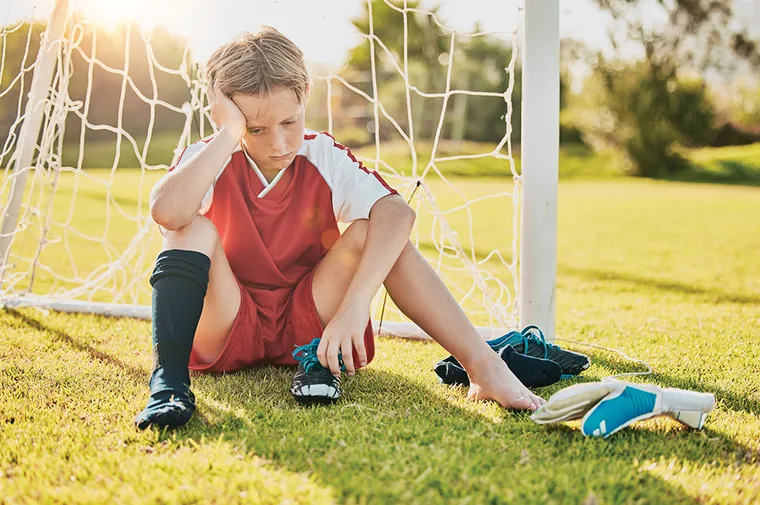Stepping up to help young athletes
Mental health is an essential aspect of overall well-being, yet it's often overlooked in youth sports, which can lead to devastating consequences.
During a recent interview with figure skater Gracie Gold, an Olympic bronze medalist and two-time U.S. national champion, the team at NAYS was reminded of the severity of youth mental-health struggles, which some experts are calling an epidemic. Gold spoke about her long-running battles with depression and anxiety, revealing that she was close to committing suicide before seeking help. “The dark days were very dark,” she says.

